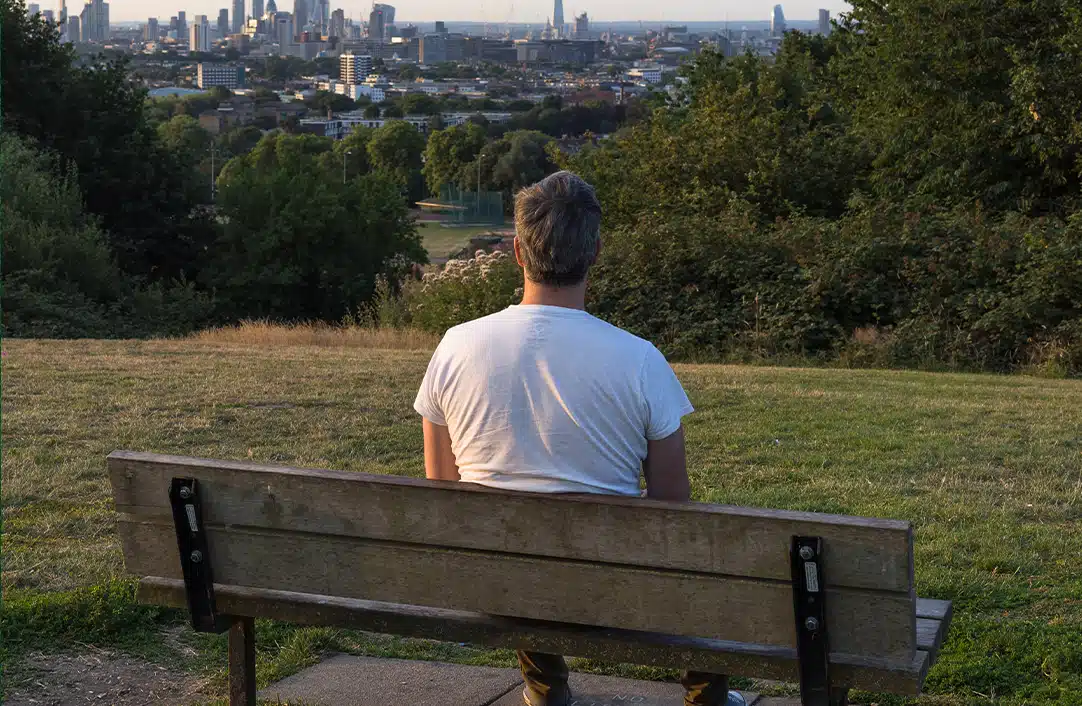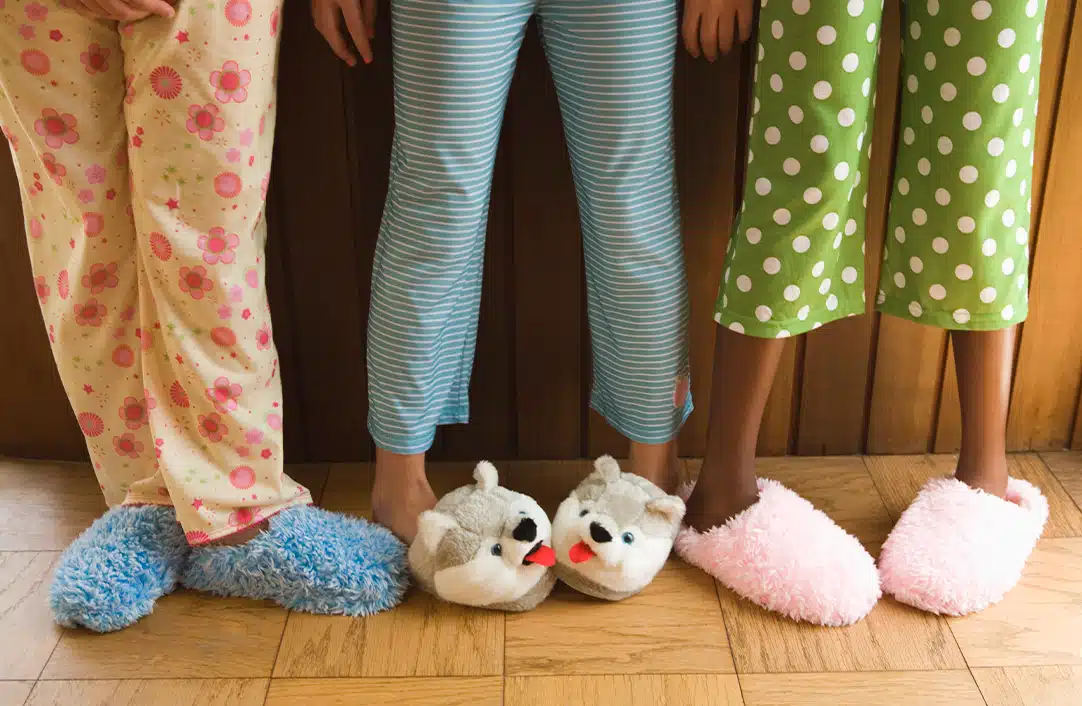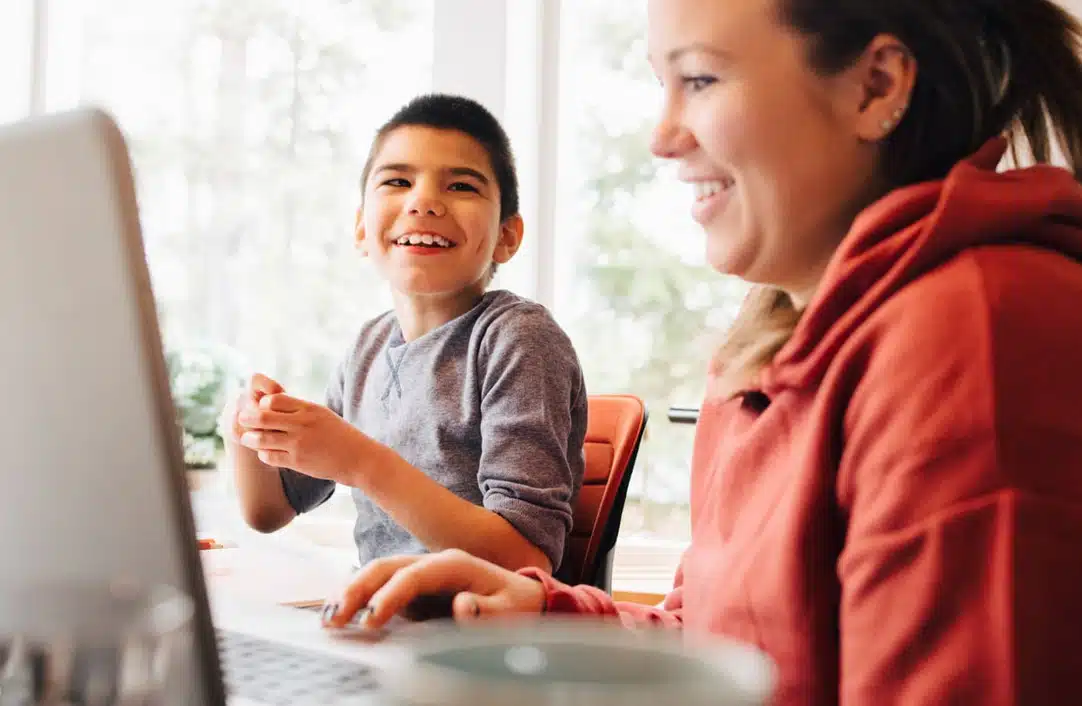Talking about sex is awkward. Talking about sex with your child is even more awkward.
Talking about sex with your son who has autism goes beyond awkward and into the realm of “How the heck am I even going to start to explain this to him?”
That’s where I am right now. My son has high-functioning autism, he’s almost 10, and I’m pretty sure he’s about to start going through puberty. He’s always been big for his age, and the pediatrician warned me he might go through puberty early; looks like his prediction is coming true. Lucky me. The first thing I did was reach out to other moms of kiddos with autism to see if they had any advice. They all had advice for how to get him to take care of his hygiene, but none of them had any real advice on how to talk to him about sex and all the things that go along with it. Most of them seem surprised that I even wanted to tell him about that when he was so young.
I’m a single mom, and my son has special needs – both of those factors increase the chances that he’ll be sexually abused. I am not going to withhold information from him about healthy sexuality (that could prevent abuse from happening) just because I feel awkward.
Lucky for me, I work at Saprea, and I have access to people who could help me figure out how to traverse this new milestone in autism mothering. I would love to give you a list of ten amazing things I was able to do that made everything clear to him and allowed him to understand everything perfectly, but I can’t. Like everything with parenting, I’m doing my best and hoping some of it works! Here are three things I’ve tried so far and how they worked for us.
01 - We Read Books Together
My son loves to read, so I thought this might be a great place to start. Unfortunately, there aren’t a lot of books about puberty for boys and none that I’ve been able to find for kids with special needs. Two books that have been helpful are Sex is a Funny Word by Cory Silverberg and Guy Stuff: The Body Book for Boys by Cara Natterson. We read them together. He wanted to skip some things or got embarrassed about some of it, but we had lots of good conversations, and he was able to get the information in a way that made sense to him. I felt comfortable giving him the Guy Stuff book and letting him read it on his own, but I felt like I needed to read Sex is a Funny Word with him because it is a little more sex-related (obviously), and I wanted to be there to explain things to him.
Pros: The information was accurate, the illustrations were fun, and we were able to talk about respect, consent, and what a relationship should look like. I learned a lot about what he wants his future relationships to look like.
Cons: He now blames everything on puberty. He actually said to me, “Mom, my butt itches. I think it might be puberty.”
Conclusion: This was the easiest thing I did, but he didn’t want to keep doing it every night. Now we touch on it about every other week.
02 - We Talked About It
I sat him down and tried to ask questions and start a conversation. I’ll be honest – this was doomed from the start. He was not interested in having a “boring” conversation with me. He hates talking anyway but talking to his mom about love, sex, and relationships were (apparently) the worst topic possible.
Pros: I was able to tell him that he can talk to me about any of this kind of stuff whenever he wants.
Cons: You can’t have a conversation with a kid who doesn’t like to talk, so it was a lot of me talking and him listening or me asking questions and him being annoyed I wouldn’t leave him alone.
Conclusion: This doesn’t work for a kiddo who doesn’t talk or has a difficult time talking. But I tried it, and that’s what matters!
03 - I Talk About It in Front of Him, but Not to Him
My son always listens attentively, even when I’m not talking to him. I decided to use that to my advantage and talk about sexuality, puberty, relationships, and healthy interactions when he was around. I brought it up with friends and family members – different topics and subjects each time – and discussed with them all the things I wanted him to know about.
Pros: The words were said (so I know he’s at least hearing them), and it helped other people in my life get used to talking about healthy sexuality.
Cons: I don’t know what he wants to know more about or if he has any questions. And I have no idea what information he’s taking away from these overheard conversations.
Conclusion: I have no idea how effective this is, but I can tell he’s listening. It also gave me the opportunity to learn what other moms and people I care about think about various things, and I loved talking about it with them. This parenting thing is hard and having a child with special needs brings its own challenges. Don’t excuse yourself or your child from learning about healthy sexuality just because it’s difficult to talk about. If you learn nothing else from me, I hope you’ll take away the lesson that it’s worth trying. Just keep trying.
Recent blogs

Male Sexual Abuse

What to do if a Sex Offender Moves to Your Neighborhood?

